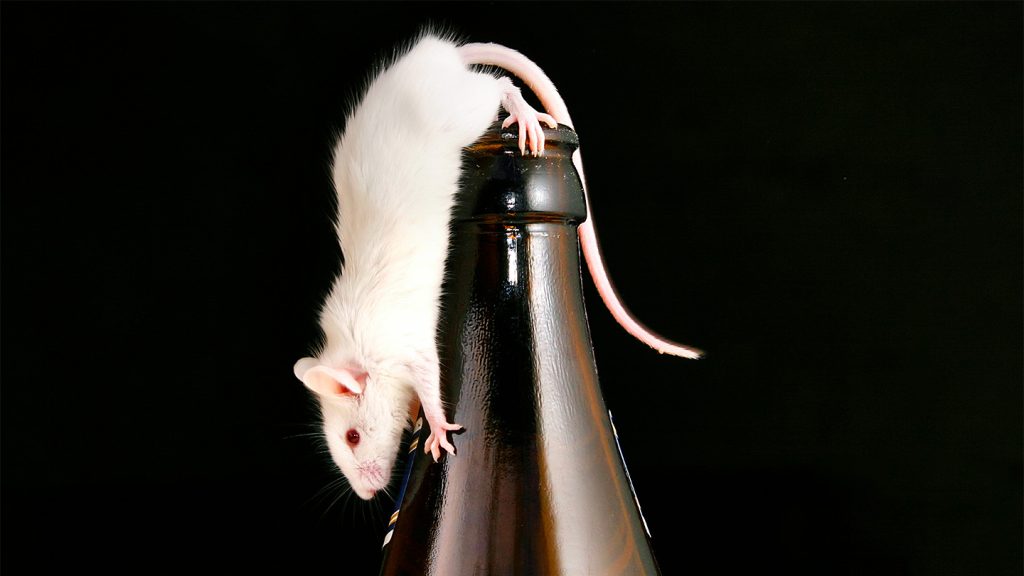Researchers have developed a gel that helps break down alcohol in the body, mimicking the behavior of enzymes that convert ethanol into acetate. The gel is a combination of iron atoms and the milk protein beta-lactoglobulin, and could potentially prevent hangovers and the harmful effects of chronic drinking by converting alcohol directly to acetate without producing toxic by-products like acetaldehyde.
The gel could be a game-changing innovation if it works in humans, as it has the potential to prevent hangovers and reduce the risks associated with excessive alcohol consumption, such as damage to vital organs like the liver, heart, and brain. Chronic alcohol use can lead to serious health issues, and the gel may offer a way to mitigate some of these effects, providing a possible solution to the global issue of alcohol-related liver diseases.
In tests on mice, the researchers found that the gel was effective in reducing blood alcohol content over time, leading to lower levels compared to mice that did not receive the gel. The gel also helped the mice wake up earlier after passing out from alcohol consumption, and protected them from liver damage. Additionally, mice that received the gel performed better in a sobriety test, swimming faster and searching for an exit more efficiently than mice that did not receive the gel.
The timing of the gel’s administration is crucial, as it needs time to reach the colon where more than 30 percent of ethanol is absorbed. Waiting too long may lead to alcohol passing into the bloodstream, rendering the gel ineffective. However, even if taken after consuming alcohol, the gel may still help break down acetaldehyde in the body. The effectiveness and safety of the gel in mice have paved the way for human trials, with researchers hopeful that the gel could provide a new approach to managing the effects of alcohol consumption.
Overall, the iron-milk gel has shown promising results in mice, offering hope for a potential solution to the negative effects of alcohol in humans. With further research and clinical trials, this innovative gel could revolutionize how we address the consequences of alcohol consumption, providing a safer and more efficient way to break down alcohol in the body and potentially reduce the harm caused by excessive drinking.


